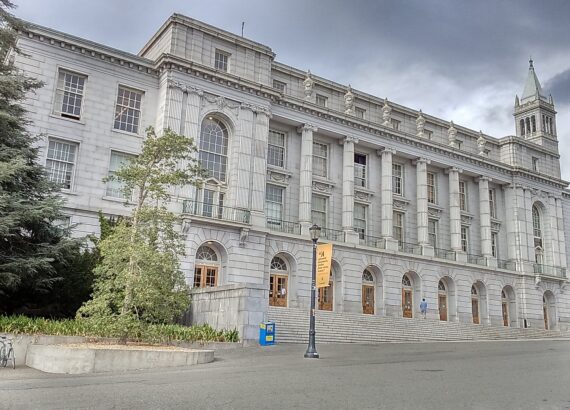Psychology v. economics
Someone forwarded me an article about a controlled study that found that people who went up escalators were more charitable than those who went down escalators. I am amazed at how easily psychologists find statistically significant effects from trivial-seeming things while economists struggle to get them for big picture things, like the effect of job training on earnings or the effect of tutoring programs on grades. The psychology studies I’ve seen typically have fairly small sample sizes (50 people in the control and 50 people in the treatment is not uncommon) and don’t do anything extreme to the treatments. Yet the effects are often large and statistically significant.
I can think of a few possible explanations:
- Psychologists are a lot better at identifying what makes people tick. We’re looking for effects in the wrong places.
- Psychologists have a lot more control over the environment. Our data are riddled with noise, making it hard to find true effects.
- Psychologists don’t control for all the confounding factors correctly and get a lot of spurious correlation. For example, the people coming down the escalator could have been much more likely to have spent a lot of money, making them more reluctant to give. Or maybe they were more tired, etc.
- There’s a lot more publication bias in psychology than economics. Lots of studies find no effect, but those never see the light of day.
Any others?




Comments are closed.